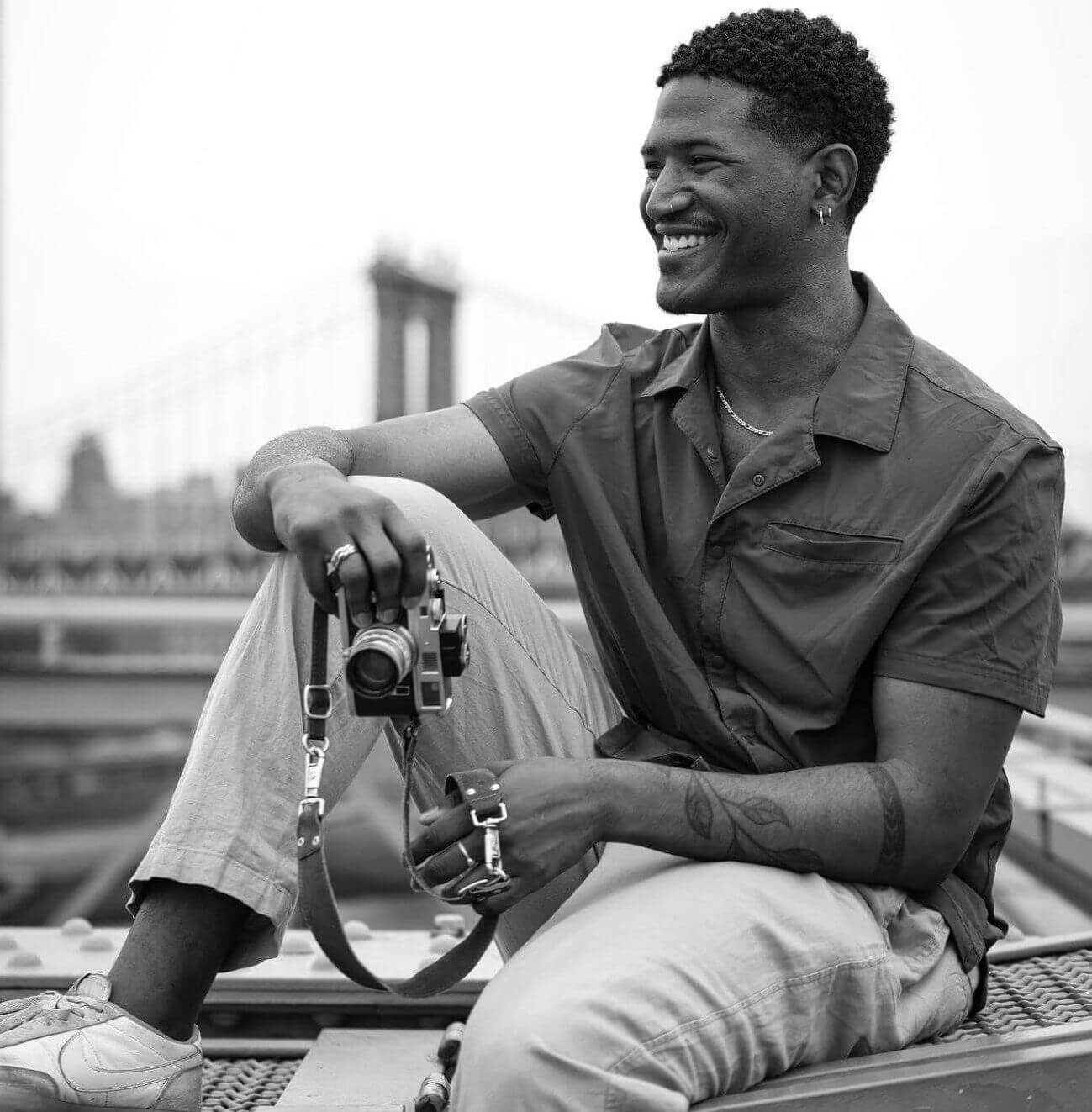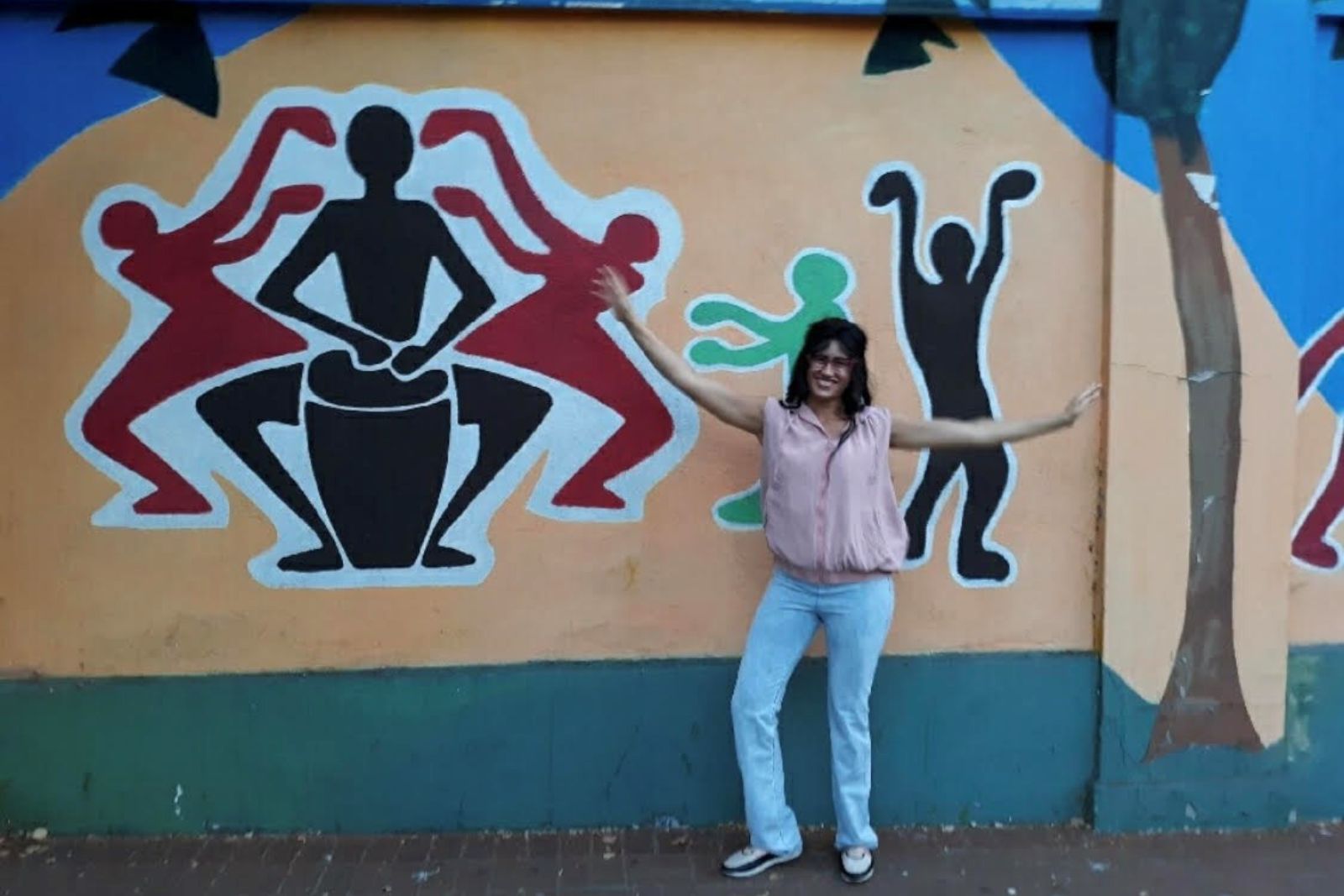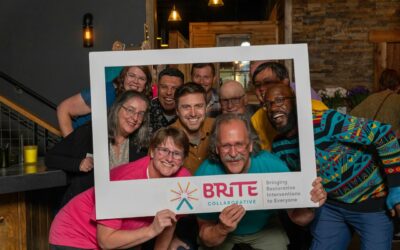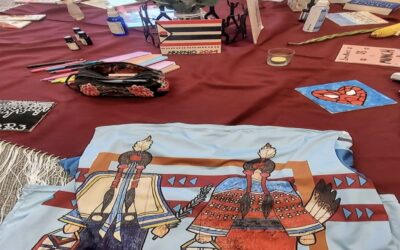A Conversation on the Intersections of Music & Restorative Justice with Xavier Emmanuel & Erica Lee
“”If the movement is strong, the music is strong” -Resistance Revival Choir”
Restorative Justice Practice Playlist
- If you have song suggestions to add to the playlist, please email erica@rjpractice.com
An excerpt on music as behavior and worldbuilding from a conversation with Xavier Emmanuel M.A. (he/him) Harvard University PhD Student | Creative Practice and Critical Inquiry (Xavley.net) is a 2022 Alpine Fellow and restorative justice educator and practitioner, Erica Lee (she/her) at https://www.rjpractice.com/
Xavier: a fundamental difference between beat based African / Black American music and Western classical music are the ways each genre of music organizes sound. Music can also reflect a cultural understanding and use of time. Some of my research is about how parts of our brains are designed to predict patterns and rhythms. My advisor, Harvard professor Vijay Iyer, has written a lot about that. Beat based musical works like hip hop, can be really repetitive and they let us settle into a state where we’re not trying to predict the future like we would with classical music which is always advancing. It’s constantly changing, and it’s not predictable in the same way as beat-based music. So that ties into this idea of being progressive or being modern. Where Western classical music reflects a value for moving forward and constantly changing and developing, beat-based musical works allow a person to be situated in the present and focus on the changes that happen in their bodies rather than changes that happen in their environment while listening to the music, if that makes sense. Brown University professor Tricia Rose also writes about that. I think a lot about how we use this idea of time and time periods to categorize people as primitive or stuck in the past or underdeveloped or third world, for example, versus other countries that we categorize as modern or first world or progressive. You know?

Erica Yeah. That’s why sitting in a circle, getting to know each other ahead of time might matter. This kind of insight, when I realize, “oh, the connection question might be pointing to that fact that we actually have different worldviews based on what we do, music we listen to or the culture we come from and we could appreciate that more.” I think the context you’re giving can help people to buy into wanting to relate or lean into circle practice. Sometimes circle practice is perceived as a cheesy icebreaker and people might choose a kind of superficial connection question or not frame the question within this larger context that you’re pointing out about how much our responses actually might inform us about differences or similarities, our biases or priorities. That’s a huge barrier I feel with bringing circle practice and restorative practices into workplaces: drawing resonance with the bigger picture. And exactly what you’re saying is relevant in conflict transformation processes I am facilitating. There’s an assumption that some folks are not qualified to be in a space. Grassroots organizations for example might develop as they go, they trust their capacity to make the road as they walk it, as opposed to needing a big strategic plan. They know their capacity with community engagement and learning alongside folks. They’re playing Jazz. That feels like a dramatically different worldview from dominant culture’s systems of program management. I often relate it to polyrhythmic world rhythms as compared to Top 100 pop-beats that are predictable and repetitive.

Xavier: I felt a little bit out of place as a musician in this conversation of restorative justice practices but it’s how I understand the world. “Music as a behavior” is a term to understand how movement and sound happen in time. If movement produces sound, and music organizes sound according to rhythm, harmony, and tone, then what happens if we expand a definition or understanding of music to encompass life at large, you know? And so every day we live in our own rhythms of waking up at whatever time, brushing our teeth and it’s a rhythm. It’s all making sound that contributes to the music of our life. I use music as a way to understand behavior and to understand how we build relationships and even how we’re building this world.
Connection Circle Prompts to Accompany the Conversation
“If the movement is strong, the music is strong” -Resistance Revival Choir
- If your life had a theme song, what would it be?
- As movers and shakers, we are tasked to keep our feet in the beat, to keep rhythm with the essential pace of the movement. What music have you been keeping your feet in the beat of?
- How does the music you personally listen to (keep your feet in the beat of), influence your worldview? What worldview would you like to try on by listening to its music?
More About Xavier & Erica
Xavier Emmanuel is a multi-hyphenate artist/scholar who is currently a PhD student in Creative Practice and Critical Inquiry in the Department of Music at Harvard University. His work as a musician, scholar, and multi-hyphenate artist investigates the relationship between Black study, temporality, ontology, aesthetics, rhythm, and behavior. Xavier has worked as a creative consultant and political educator with Colorado-based non-profits such as Creative Strategies for Change, Young Americans Aspiring for Social and Political Activism, and Big City Mountaineers. His creative work has been performed throughout New York and the state of Colorado and has received awards and critical recognition from the Alpine Fellowship, Colorado State University, Lyrical Lemonade, the American Institute for Graphic Arts, and others.
Erica Lee is an aspiring cultural “auntie” who is aligned with methods of building peaceful societies. She particularly attuned to lifeways that value play, community, authenticity, freedom, democracy, reparations and creativity as essential components to course correct late-stage capitalism. Her work as a visionary justice keeper and elder sister, highlights the relationship between family systems, environment, movement building, business, compassion and awareness. Erica has served as recovery coach, yoga teacher, health educator, restorative justice practitioner and community organizer. Her work has been informed by essential characters in her life, primarily her grandmother, family, beloved mentors and friends, as well as defining chapters such as being diagnosed with an autoimmune condition at a young age and working in her family restaurant as an influential hub of commerce and collectivity.
Erica’s dream is to develop a universal preventative healthcare model that integrates public safety, agriculture, housing and finance into public-private partnerships with an emphasis on cooperative community development.
Check Out More Great Articles
A Conversation with BRITE Collaborative
Program SpotlightCCRJP: Will you tell us a little bit about BRITE Collaborative?BRITE Collaborative: BRITE Collaborative is a nonprofit organization...
State RJ Council and CCRJP Announce New Colorado Restorative Justice Practitioner Guidelines
As part of International Restorative Justice Month, the Colorado Restorative Justice Coordinating Council (RJ Council) and the Colorado Coalition...
Home From School: Indigenous Peoples and the Second Harm
Visual from documentary shown at the EventComing together in solidarity, mutuality, with respect for self-determination and sovereignty “This was a...


